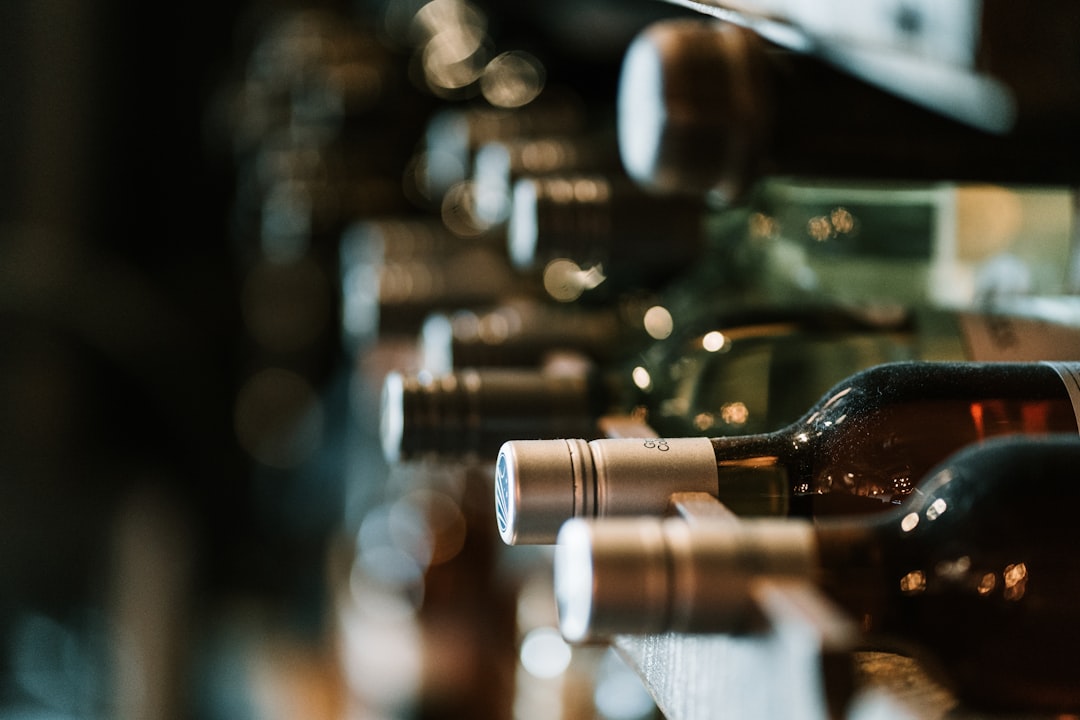
Beginner's Guide to Wine Education
Share
Embark on a vinous journey with our Beginner's Guide to Wine Education. Whether you're a novice looking to dip your toes into the world of wines or someone with a bit of knowledge aiming to deepen your understanding, this guide is your comprehensive resource. Discover courses, tips, and secrets for becoming wine-savvy and learn how to navigate the vast and sometimes intimidating world of wine with confidence. From understanding the basics of wine tasting to exploring the role of wine clubs and sommelier education in enhancing your wine journey, this guide covers it all. So, pour yourself a glass, sit back, and let's explore the fascinating world of wine together.
Understanding the Basics of Wine
Before diving into the complexities of wine education, it's essential to grasp the basics. Wine, at its core, is an alcoholic beverage made from fermented grapes or other fruits. The variety of grape, the region where it's grown, and the winemaking process all contribute to the unique characteristics of each wine.
The Major Types of Wine
Wine can broadly be classified into five main types: red, white, rosé, sparkling, and dessert. Red wines are made from dark-colored grape varieties and are known for their robust flavors. White wines, on the other hand, are made from green or yellow grapes and tend to be lighter. Rosé wines have a pink hue and are made by allowing the grape skins to have brief contact with the juice. Sparkling wines are characterized by their bubbles, with Champagne being the most famous example. Dessert wines are sweet wines, often enjoyed with or as dessert.
Wine Regions Around the World
The world of wine is vast, with major wine-producing regions spread across the globe. Each region has its unique climate and soil conditions, which influence the taste and quality of the wine produced. Some of the most renowned wine regions include Bordeaux and Burgundy in France, Tuscany in Italy, Napa Valley in California, and Barossa Valley in Australia. Exploring wines from different regions is a delightful way to travel the world through your wine glass.

Diving Deeper: Advanced Wine Knowledge
As you become more familiar with the basics of wine, you might find yourself eager to delve deeper into the subject. Advanced wine knowledge encompasses understanding the nuances of wine production, different grape varieties, and the art of wine tasting.
The Art of Wine Tasting
Wine tasting is an essential skill for anyone looking to deepen their understanding of wine. It involves assessing a wine's appearance, aroma, body, taste, and finish. Developing a systematic approach to wine tasting can enhance your ability to distinguish between different wines and articulate your preferences. For more insights, consider reading our article on Developing a Systematic Approach to Wine Tasting.
Exploring Grape Varieties
There are thousands of grape varieties used in winemaking, each with its unique flavor profile. Some of the most popular varieties include Cabernet Sauvignon, Merlot, Pinot Noir, Chardonnay, and Sauvignon Blanc. Learning about different grape varieties and their characteristics can help you understand the flavors you prefer and guide your wine selections.
Wine Education Resources
Fortunately, there are numerous resources available for those interested in learning more about wine. From online courses and books to wine clubs and tastings, there's something for everyone.
Online Courses and Books
Several reputable online platforms offer wine education courses ranging from beginner to advanced levels. These courses cover various topics, including wine tasting, wine regions, and food and wine pairing. Additionally, numerous books on wine can provide in-depth knowledge and serve as valuable references.
Wine Clubs and Tastings
Joining a wine club can be an excellent way for beginners to explore different wines and learn in a social setting. Wine clubs often offer curated selections of wines, tasting notes, and educational materials. Participating in wine tastings, whether at a local winery or through organized events, is another enjoyable way to learn about wine. For more information on the benefits of wine clubs, check out our article on The Role of Wine Clubs in Wine Education.

The Role of Sommelier Education
For those who are serious about their wine education, pursuing sommelier certification can be a rewarding path. Sommeliers are wine professionals who specialize in all aspects of wine service, including wine selection, tasting, and pairing.
Becoming a Certified Sommelier
The journey to becoming a certified sommelier involves rigorous training and examination. There are several levels of certification, each requiring a deeper understanding of wine theory, service, and tasting skills. For a closer look at what sommelier education entails, read our article on The Role of Sommelier Education in Wine Service.
The Benefits of Sommelier Knowledge
Even if you don't aspire to become a professional sommelier, acquiring sommelier-level knowledge can immensely enhance your appreciation and enjoyment of wine. Understanding the intricacies of wine selection, service, and pairing can elevate any dining experience and make you a more confident wine enthusiast.
Practical Tips for Enhancing Your Wine Education
Embarking on your wine education journey can be as simple or as intricate as you choose. Here are some practical tips to help you get started and continue learning.
Start a Wine Journal
Keeping a wine journal is a fantastic way to track the wines you've tasted, your impressions, and your preferences. Note the wine's name, region, grape variety, and any flavors or aromas you detect. Over time, you'll have a valuable record of your wine journey.
Experiment with Food and Wine Pairings
Exploring food and wine pairings can deepen your understanding of how different flavors interact. Don't be afraid to experiment and trust your palate. The classic pairings are a great starting point, but there's much to discover beyond them.
Conclusion
Wine education is a lifelong journey filled with discovery, enjoyment, and the occasional surprise. Whether you're just beginning or looking to deepen your knowledge, there's always something new to learn about this fascinating beverage. By understanding the basics, exploring advanced topics, and utilizing the wealth of resources available, you can become wine-savvy and enjoy the world of wine to its fullest. Remember, the key to wine education is curiosity, openness, and a willingness to explore. Cheers to your vinous journey!

